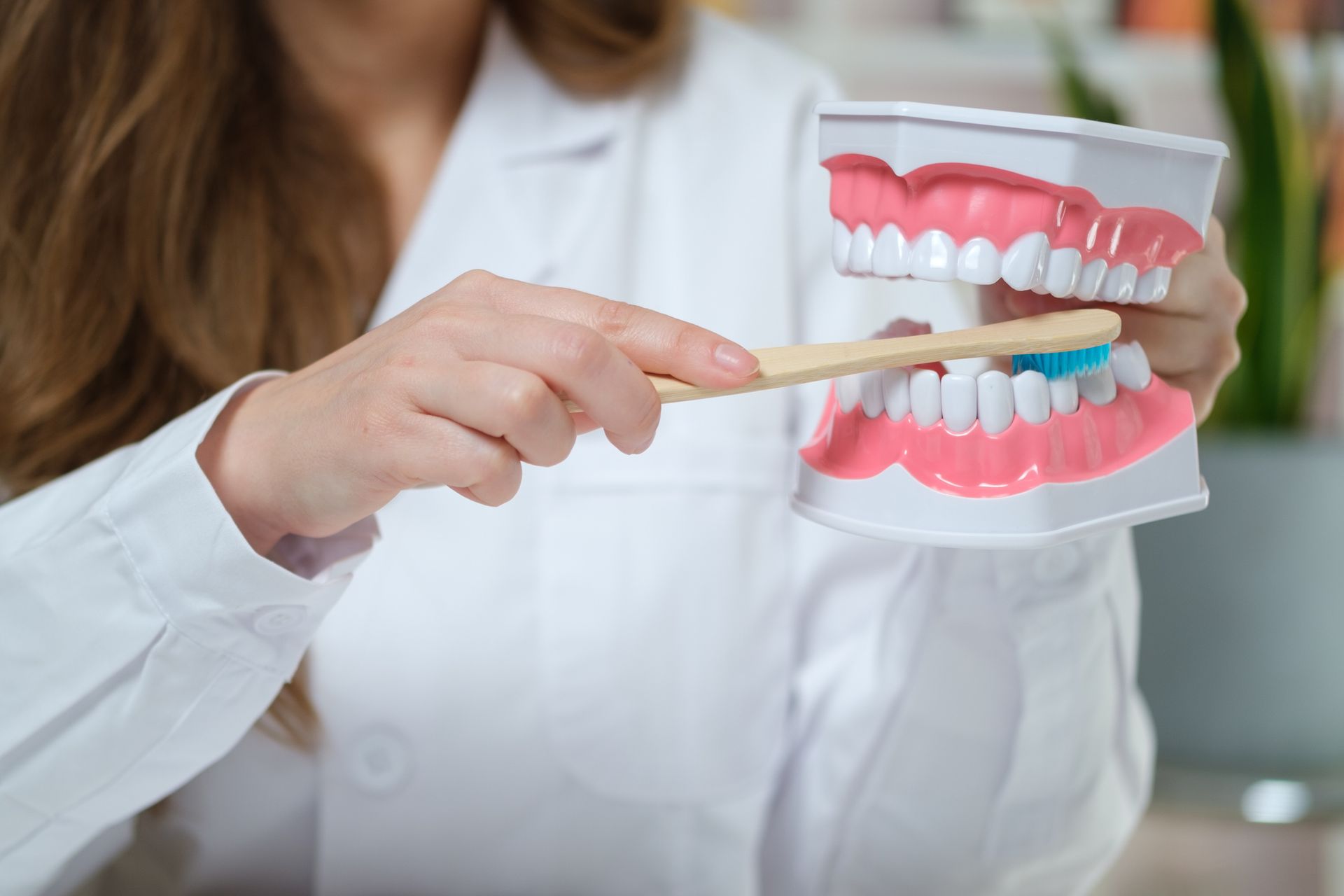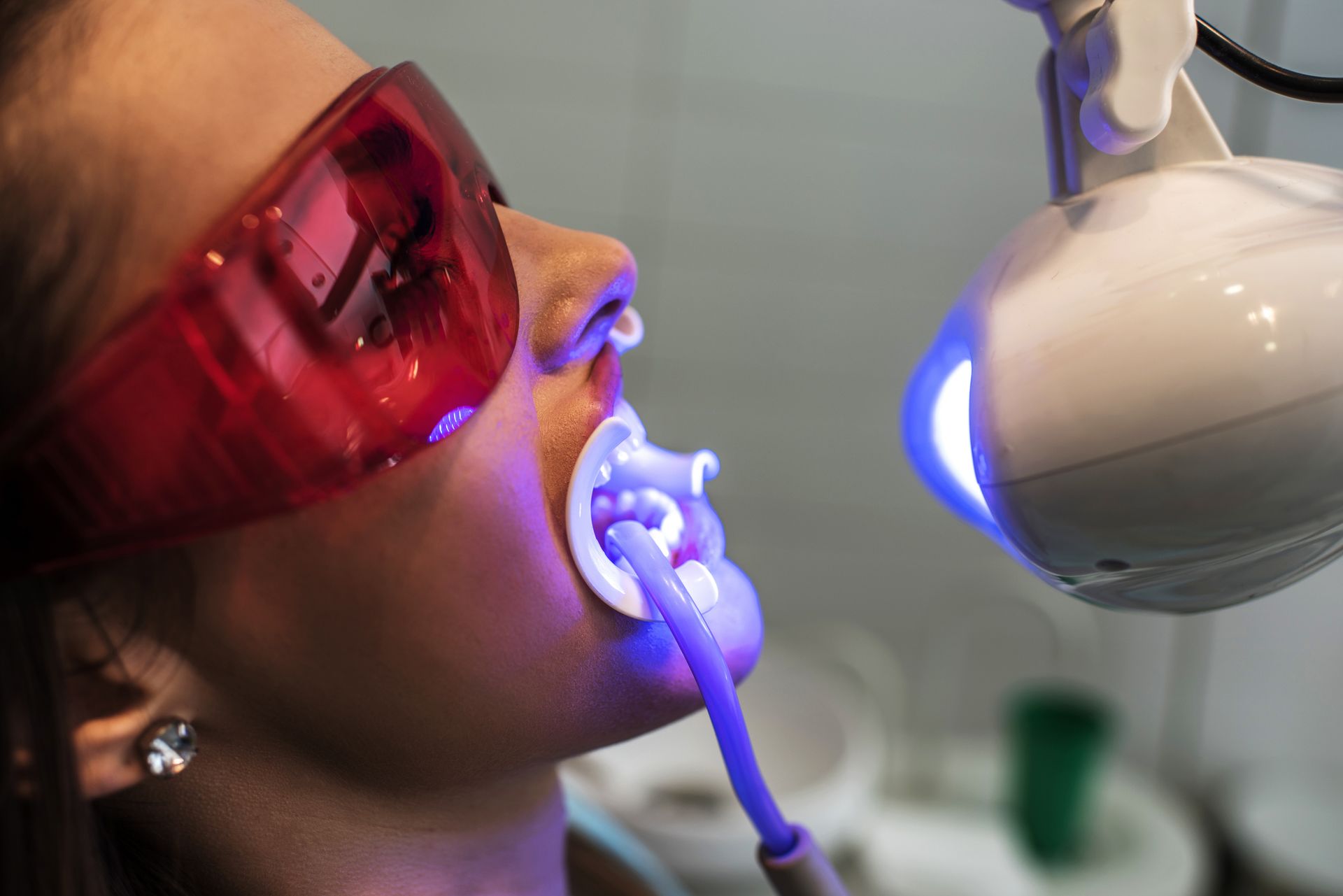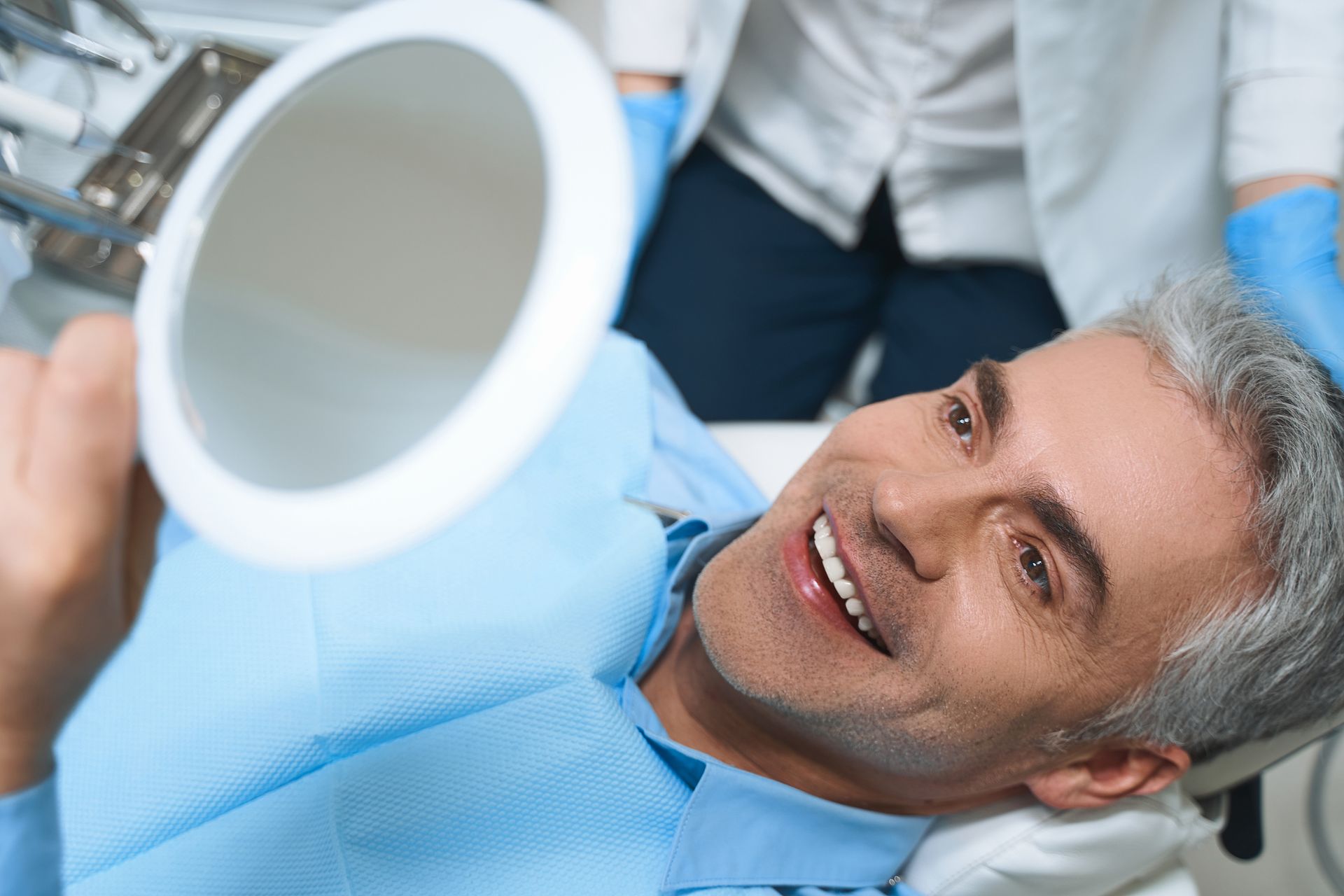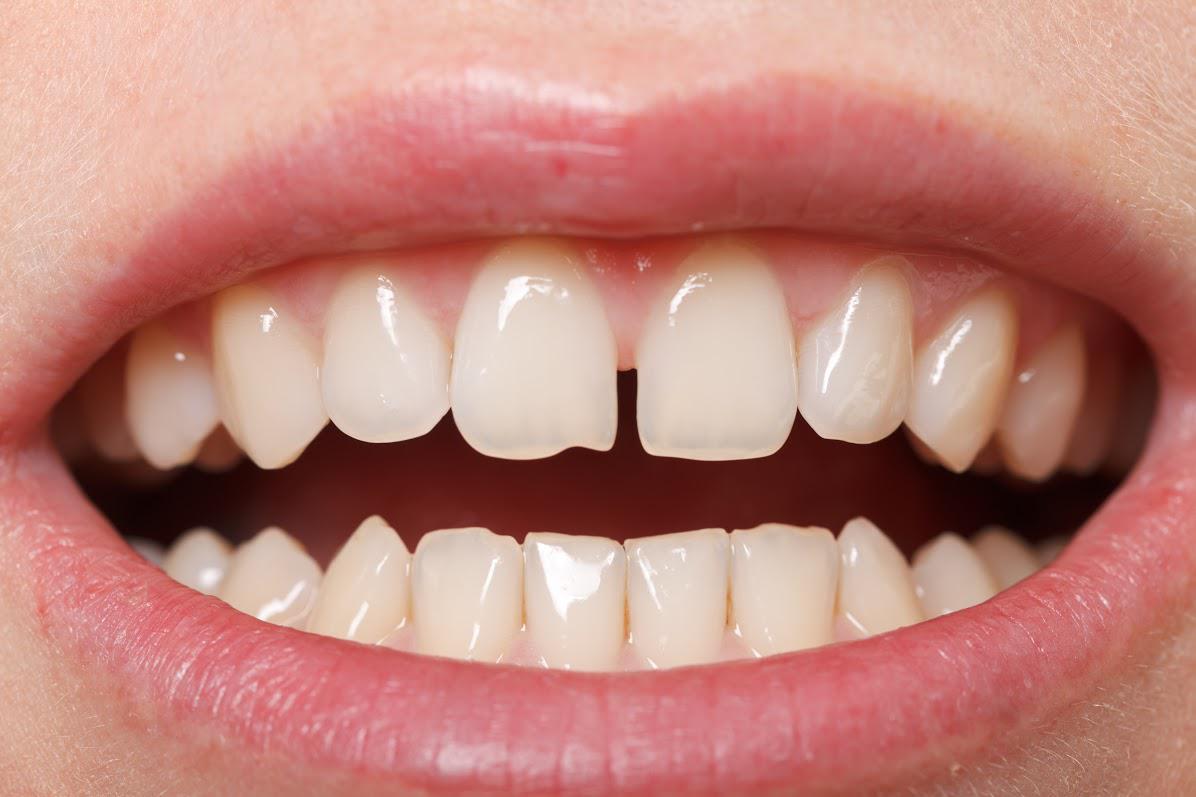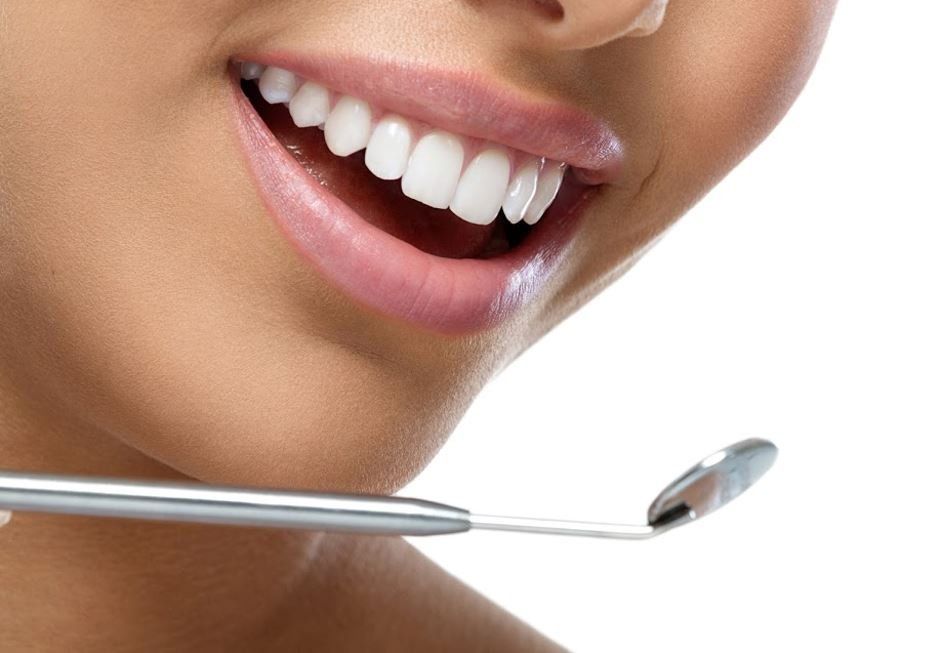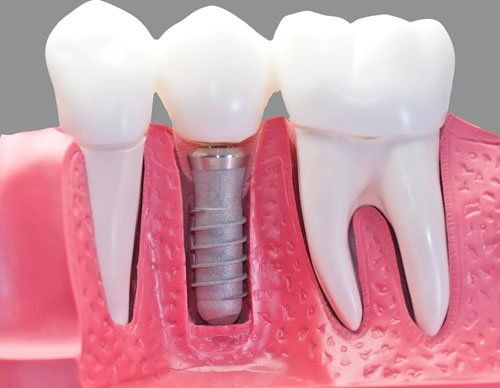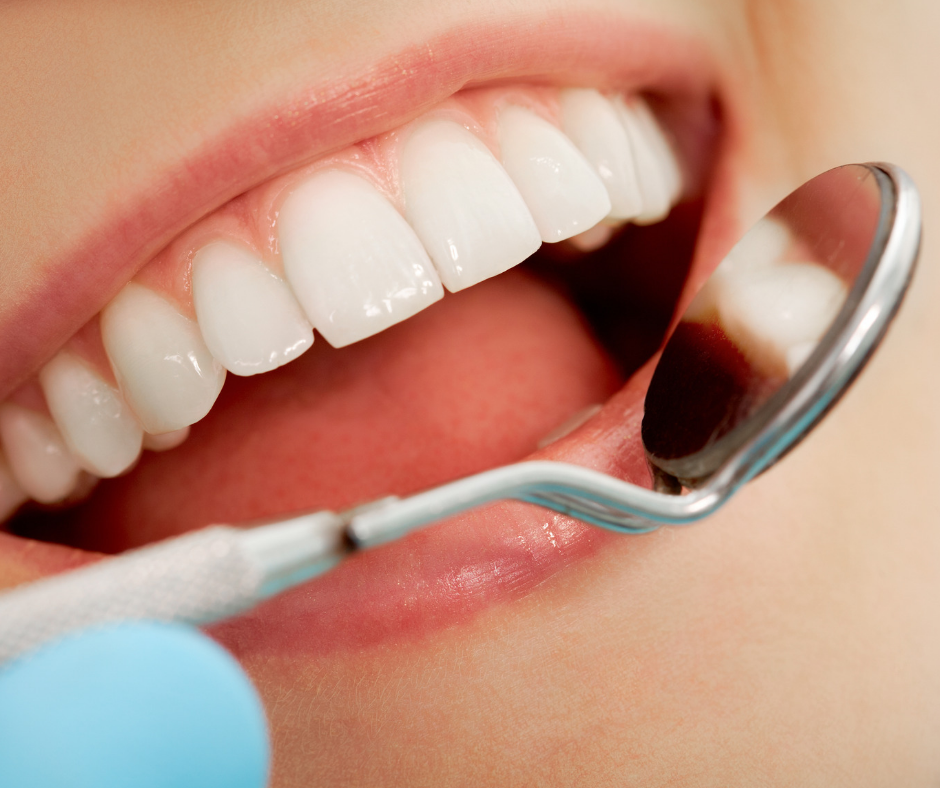What to Do Before and After Getting Dental Implants
Getting dental implants can be a life-changing experience. You'll be able to replace missing teeth with an artificial version that looks and feels like natural teeth. But while the surgery itself is in your dentist's hands, there is a lot you can do before and after the surgery to ensure its success.
Pre-Surgery Tips
Dental implant surgery requires more effort than simply showing up to your appointment. You'll need to do the following things prior to the day the surgery takes place.
Give Up Smoking
If you currently smoke, your dentist will want you to give up the habit before the date of your surgery. While your dentist may have a recommended amount of time, try to give up smoking for one week before and two weeks after your surgery date.
Smokers that have received dental implants are more likely to have them fail when they continue to smoke. You're better off kicking this habit for the time being if you want the surgery to be successful.
Arrange a Ride
The sedation that is used for dental implants will knock you out. While you may be able to drive yourself to the appointment, there is no way you will be able to drive home. Arrange for a friend or family member to take you to the appointment since chances are that you will not be coherent enough to drive yourself home after the procedure.
Do Not Eat Anything
The sedation will also require that you avoid eating and drinking before the procedure for about 8-12 hours so that you don't become nauseous after the procedure.
Post-Surgery Tips
Recovering from getting dental implants also requires that you follow a few simple tips.
Take All Medications
Your dentist will provide with instructions about what you should do after you return home from the dental implant procedure. Be sure to follow all their directions, which includes taking medications. You may be prescribed an antibiotic to fight off a potential infection, which requires taking the entire dosage
for it to be effective. An infection can cause your implants to fail, so take all the medication to help fight it.
In addition, it is a good idea to have those prescriptions ready to go if possible. If the dentist is going to give you a powerful pain pill, you'll want to get the pills immediately. Do not wait until you start to feel pain to have the prescription filled since you can take those pills before your initial pain medication wears off.
Use Ice Packs
You will have swelling around your jaw and face after the procedure, which is completely normal. You will need to take steps to reduce how much swelling is occurring though. Have ice packs ready that you can put on the surgical area. Simply rotate between having the ice on and off in short intervals over the first few days.
You do not want to use heat for treating the area. Ice works well to dull pain and reduce swelling since it is a natural anti-inflammatory. Heat is best for chronic pain and sore muscles.
Use a Salt Water Rinse
One key to a healthy recovery will be to keep the surgical site clean while it is healing. Do this by using a salt water rinse throughout the day. All you need to do is add a teaspoon worth of salt to a glass of water, mix it up, then swish it around your mouth before spitting it into your sink.
Speak with Gregory S. Rutherford, DDS, PA, if you have more questions about care before and after getting dental implants.


